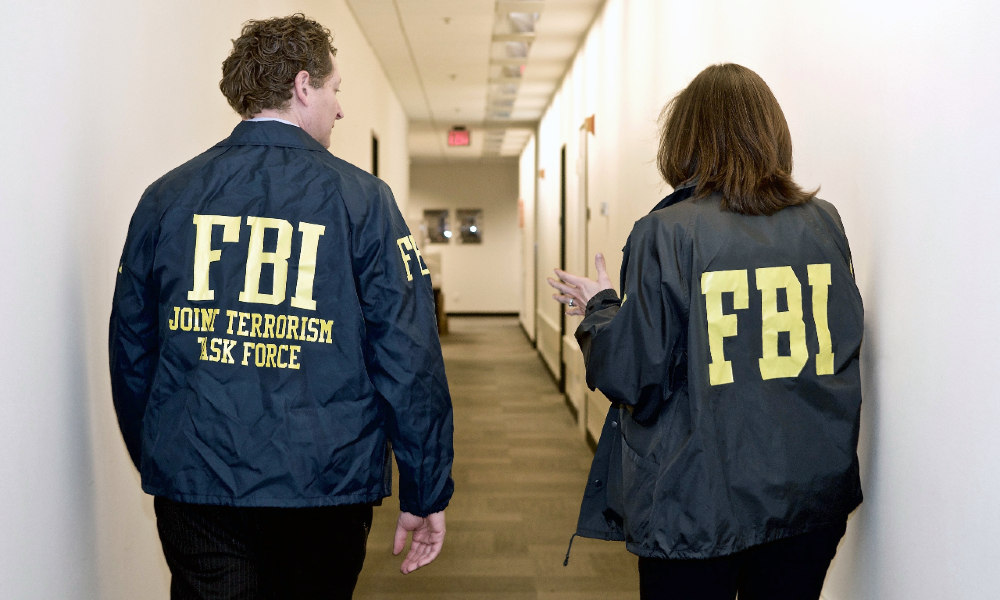Recidivism Among Espionage Act Convicts
Anyone remember Samuel Loring Morrison? Espionage Act nerds certainly do.
Morrison was the first person prosecuted and convicted under the Espionage Act for leaking classified material? Morrison was convicted in the 1980s of leaking satellite photos to Jane's Defense Weekly.
Published by The Lawfare Institute
in Cooperation With

Anyone remember Samuel Loring Morrison? Espionage Act nerds certainly do.
Morrison was the first person prosecuted and convicted under the Espionage Act for leaking classified material? Morrison was convicted in the 1980s of leaking satellite photos to Jane's Defense Weekly. He was later pardoned retrospectively by President Clinton as part of Clinton's spree of pardons on his way out of office in 2001.
Well, apparently Morrison is now also the first Espionage Act convict to win himself a second conviction for purloining government documents.
Check this out---from the Navy Times:
Samuel Loring Morison pleaded guilty to stealing boxes worth of government records from a naval history archive in the nation's capital. The records were related to his grandfather, a prominent historian. Morison, 70, pleaded guilty to theft of government property and was sentenced to two years of probation. He must also cooperate with officials in returning any additional items that belong to the government. A prosecutor said Morison stole thousands of records — including maps, charts and photographs — from the Naval History and Heritage Command in Washington, which preserves U.S. naval history. The records, which filled 34 boxes, were related to his grandfather, Rear Adm. Samuel Eliot Morison. The elder Morison, a Harvard University professor who died in 1976, was a two-time Pulitzer Prize winner in the biography category for biographies of Christopher Columbus and John Paul Jones, a hero of the Revolutionary War. He also wrote a 15-volume history of World War II naval operations that was published between 1947 and 1962. Records the younger Morison took were used by his grandfather in writing the series. Prosecutor James Warwick said Thursday during a court hearing that the stolen records were appraised at $10,000 to $30,000, but he called them "irreplaceable." In court the judge was shown about a dozen of the objects Morison took, including a map with his grandfather's handwritten notes and a photographic print of the famous flag raising on Iwo Jima. Morison's attorney, James Wyda, said during the hearing that Morison, who did paid research work at the Naval History and Heritage Command, was going through difficult times financially and was in poor health. He said his client "lost his perspective" and "convinced himself he was entitled" to the documents, which were found in his home in Crofton, Maryland. He also had an agreement with a bookstore to sell other records through eBay.You can't make this stuff up.
Benjamin Wittes is editor in chief of Lawfare and a Senior Fellow in Governance Studies at the Brookings Institution. He is the author of several books.





